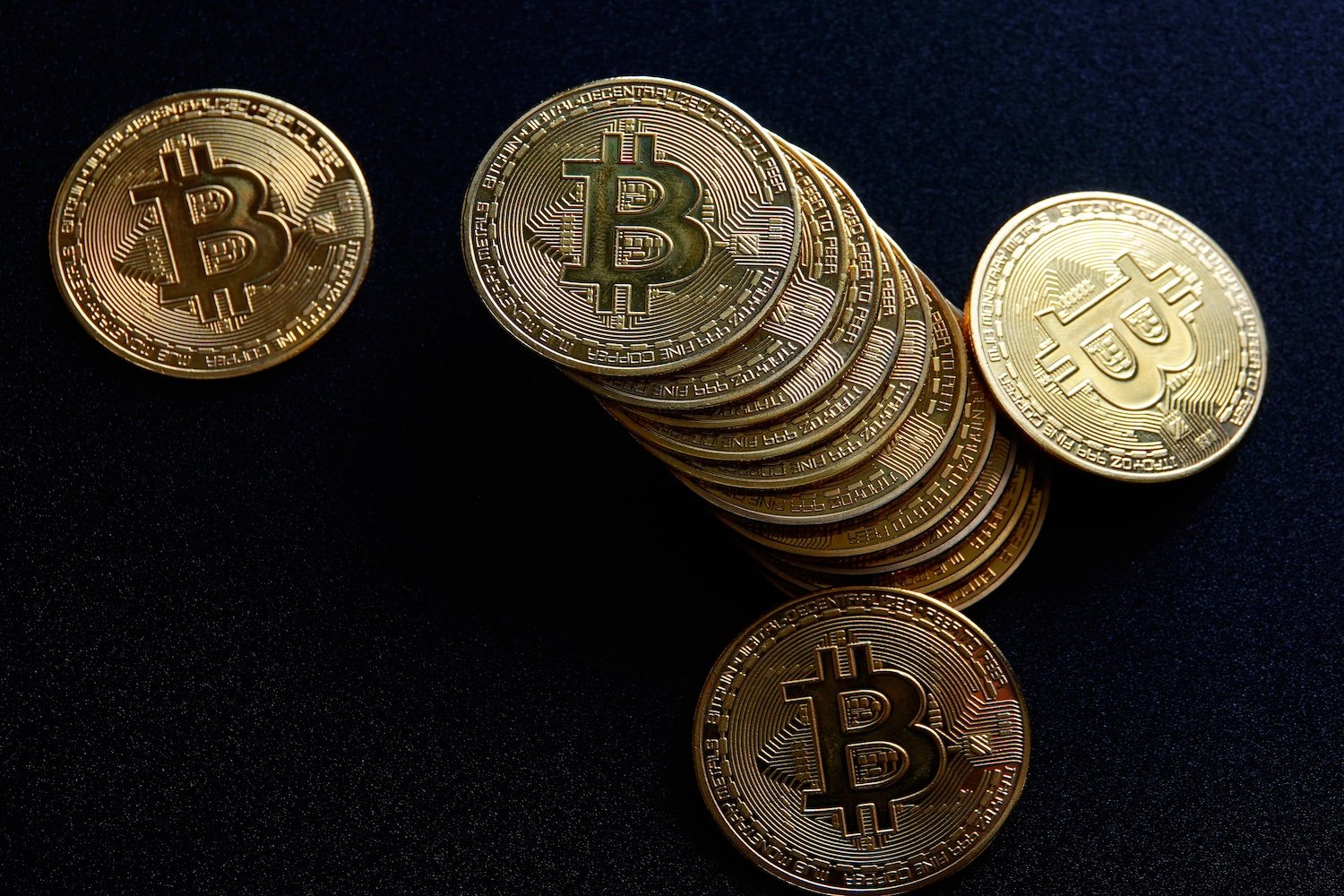The Decline of Bitcoin Mining Profitability
The cryptocurrency market has experienced a notable surge, with Bitcoin pushing towards its all-time high after a brief dip that coincided with the stock market crash. Notably, the concept of Bitcoin as a hedge against market volatility has been revisited, given its recent performance. However, despite this upward trend, the profitability of mining for Bitcoin has significantly dwindled, even for larger-scale mining operations. Recent data published by CoinShares highlights that the costs associated with electricity and computational power required for Bitcoin mining often exceed the actual value of the coin.
The Cost of Mining
Breaking down the math, large mining companies face costs of over $82,000 to mine a single Bitcoin, which is currently valued at approximately $95,000. Although this still allows for a profit, the margins have become remarkably thin compared to just one quarter ago. In the third quarter of 2024, the cost to mine a Bitcoin was about $56,000, indicating a significant 47% increase in just a few months. For smaller-scale miners, the situation is even more challenging. In the US, the estimated cost for mining a single Bitcoin is around $137,000, while in Germany, this figure escalates to approximately $200,000. Neither of these prices comes close to Bitcoin’s all-time high, necessitating miners to operate at a loss upfront and hope for future price increases.
Factors Contributing to the Discrepancy
The sudden price discrepancy can be attributed to several factors. Firstly, the rising cost of electricity, driven by inflation, trade wars, and increased demand from technologies like artificial intelligence, plays a significant role. The tariffs imposed during trade wars are also driving up the cost of mining equipment. Additionally, the Bitcoin halving that occurred about a year ago has lowered the reward for mining, further complicating the situation. As a result, mining has become more expensive, and the payout for doing so has decreased.
Implications for Bitcoin’s Decentralization
For the majority, the cessation of profitable Bitcoin mining will not result in significant losses. However, it does have the potential to exacerbate Bitcoin’s wealth distribution issue. The currency, designed to be decentralized and equitable, has seen wealth accumulation primarily at the top. According to BitInfoCharts, the top 1% of wallet addresses hold more than 90% of all BTC in circulation. If mining ever served as an equalizer, it no longer does, given the high costs involved. This trend suggests that the rich continue to accumulate more wealth, further stratifying the Bitcoin community.
Source Link





